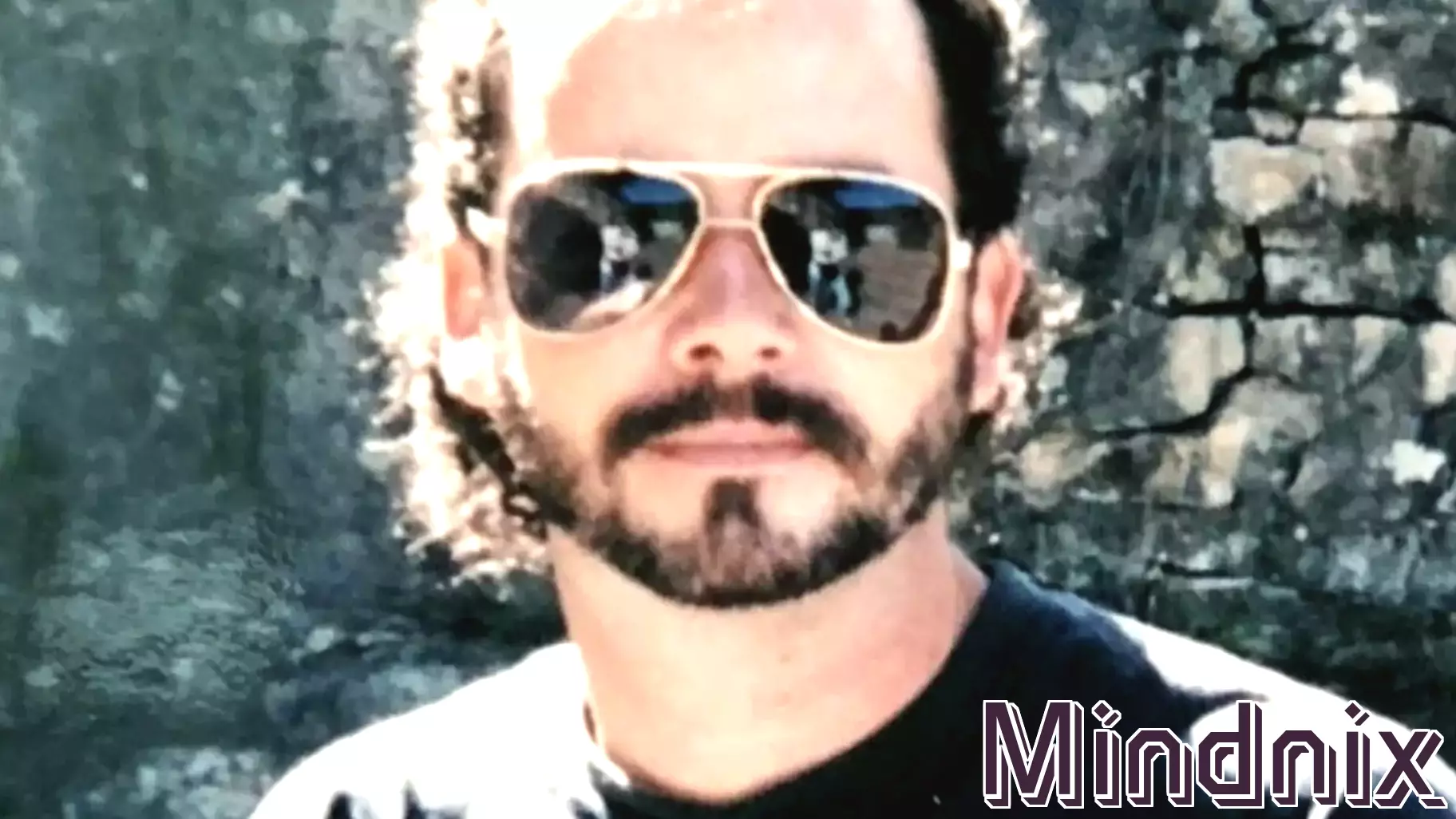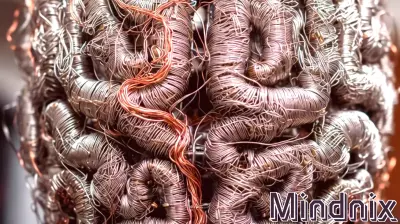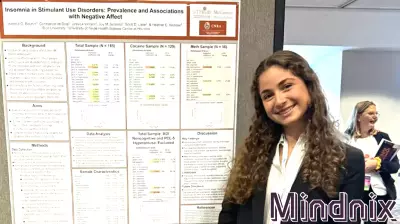Unraveling the Denial: A Documentary on a Suspected Serial Killer's Wife
July 26, 2025 - 01:34

A new documentary shines a light on the complex dynamics within the family of a suspected serial killer. The film features the wife of the alleged perpetrator, who fervently denies the mounting evidence against her husband. This intriguing narrative raises questions about the psychological factors that may contribute to her steadfast belief in his innocence.
Experts suggest that cognitive biases often play a significant role in how individuals perceive their loved ones, particularly in extreme circumstances. Close relationships can create a filter through which one may overlook or rationalize troubling behaviors. This phenomenon, sometimes referred to as "cognitive dissonance," can lead individuals to cling to a narrative that protects their emotional investment, even in the face of overwhelming evidence.
As the documentary unfolds, viewers are left to ponder the implications of such denial, not only for the individuals involved but also for society as a whole. The film invites a deeper exploration of how love and loyalty can cloud judgment, revealing that sometimes, the monsters we fear may be closer than we think.
MORE NEWS

February 25, 2026 - 00:30
Rewired: How the Digital World Reshapes the Human BrainThe impact of our digital lives on the brain is a complex tapestry, not a simple story of harm or benefit. Emerging perspectives suggest that digital engagement, particularly among the young,...

February 24, 2026 - 00:52
Day in the life: Health sciences senior follows research toward clinical psychologyIsabella Bourtin, a health sciences senior, exemplifies the determined focus required to navigate a significant academic shift. Once firmly on the pre-med track, she has successfully pivoted her...

February 23, 2026 - 01:31
Toxic People Makes Us Age FasterThe emotional toll of difficult relationships is well-documented, but new research indicates the damage may be more than skin deep, potentially accelerating the biological aging process. A recent...

February 22, 2026 - 01:17
From Psychology to the Runway, Purpose Takes Center StageFor Lisa Jacovsky, a recent runway appearance during New York Fashion Week was far more than a fashion statement. Recognized as a `Queen of Impact` on the catwalk, the moment served as a powerful,...